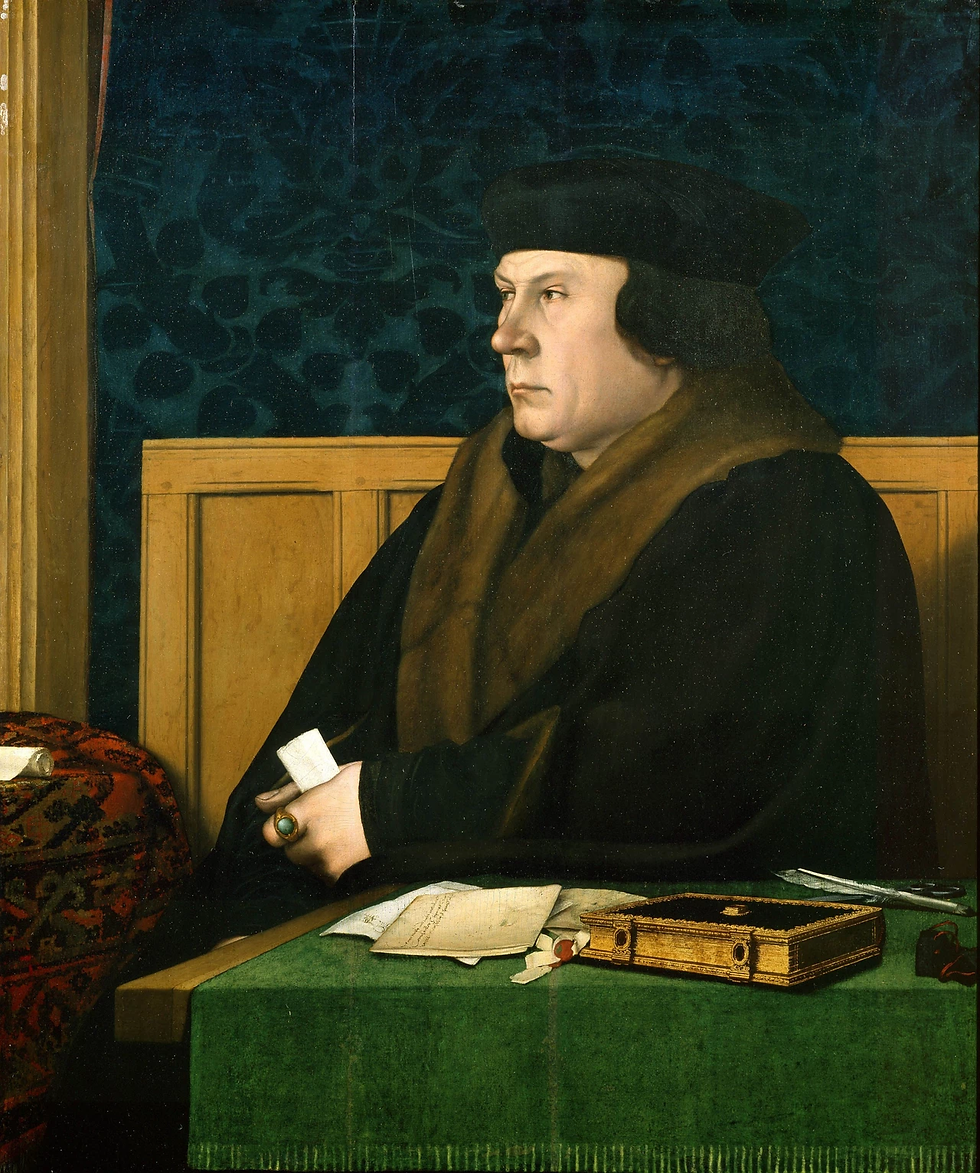What was a Lawyer's Role In Early Modern England?
Did lawyers in Early Modern England serve the same function that they do in today’s courts? The answer is both yes and no. Lawyers were key to a person who was appealing a verdict. They were also involved in crafting and interpreting different points of law. But in a striking difference from their function today, lawyers could not advise people indicted for crimes. People at the time believed that the most important part of the trial was the testimony given by witnesses, and since the lawyer most likely did not actually see the crime, there was no need for them to be involved. It was also believed that the involvement of lawyers would make the trials too long!
This isn’t to suggest that lawyers were not important officers of the court. There were a few different types of lawyers, and the terms for them are ones that we might use interchangeably just to refer to a lawyer in general. Solicitors practiced in the lower levels of court. Attorneys practiced in common law courts, and would put cases together for barristers, who would then argue the cases in superior and appeals courts. If the King or Queen needed to be represented in court., this would be done by a lawyer known as a sergeant at law.
Some of the most well know players during the tumultuous years of the Tudor era were lawyers. Thomas More and Thomas Cromwell, who both figured prominently in the reign of Henry VIII and his complicated personal and political life, were both esteemed lawyers. In the case of Crowmell, he spent many years looking for precedents in the law to help the King get his way.

Image Courtesy of The Frick Collection, New York
Sources:
Agecroft Teachers Notes, Robert Hicks
Wikipedia
